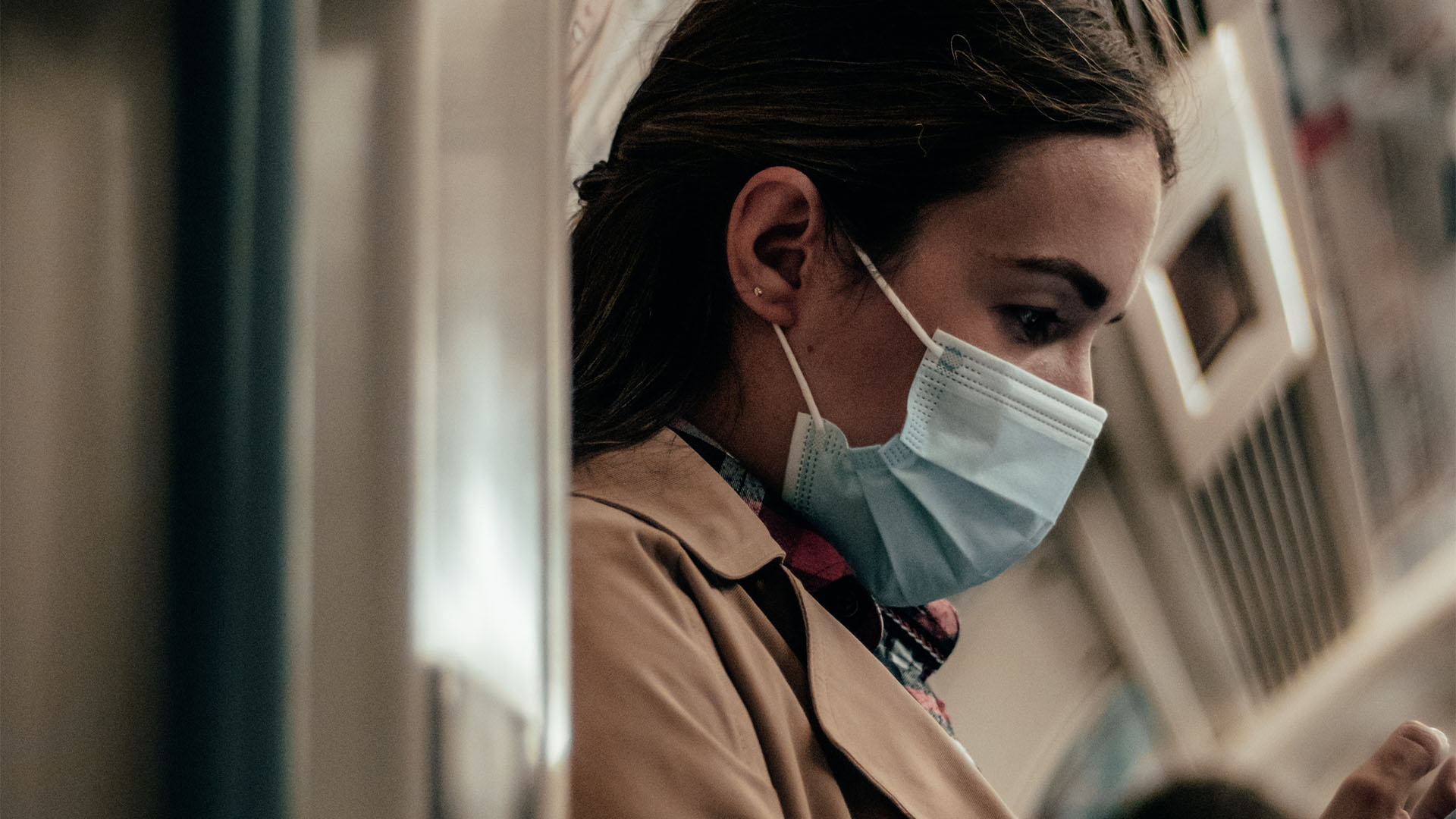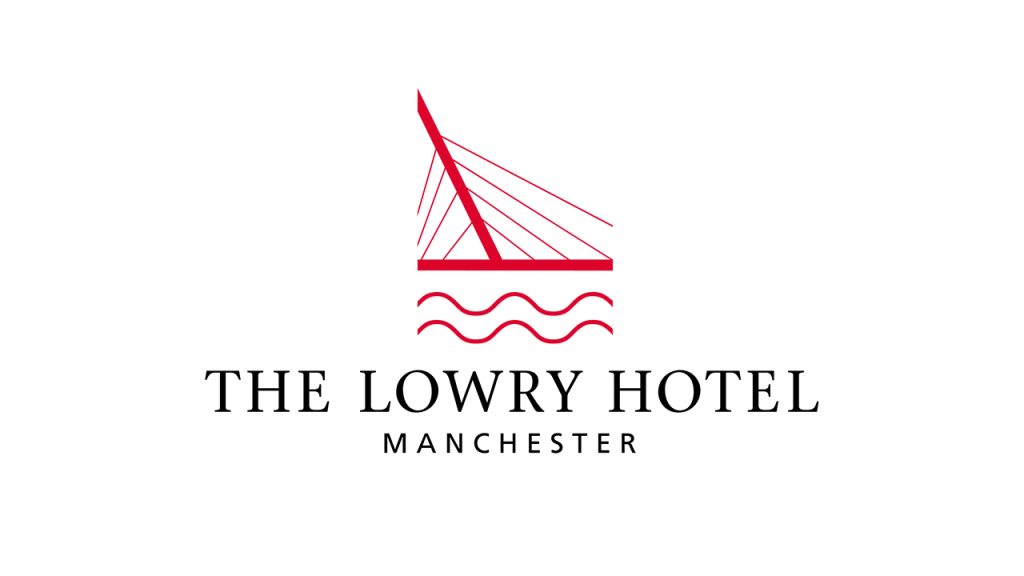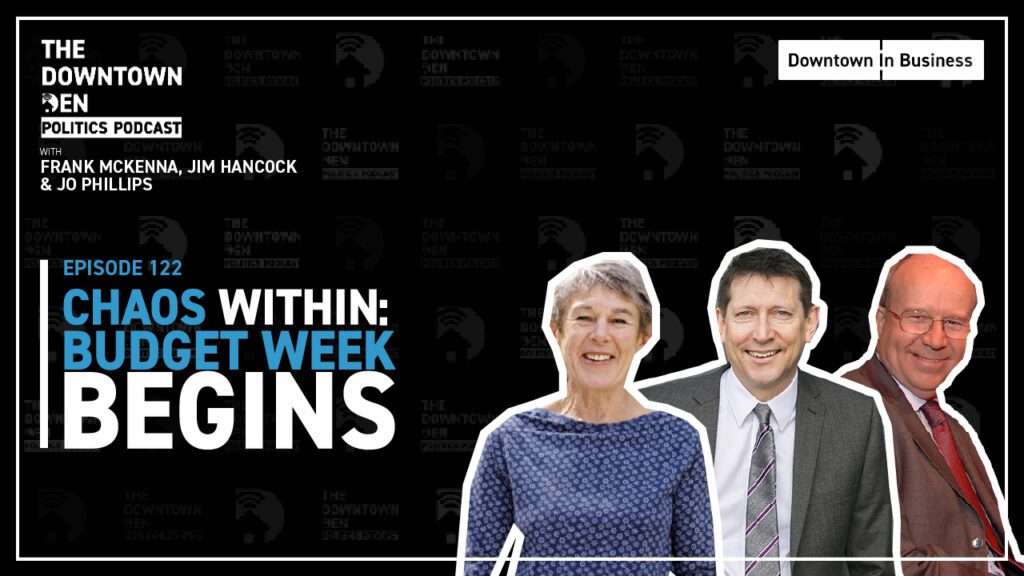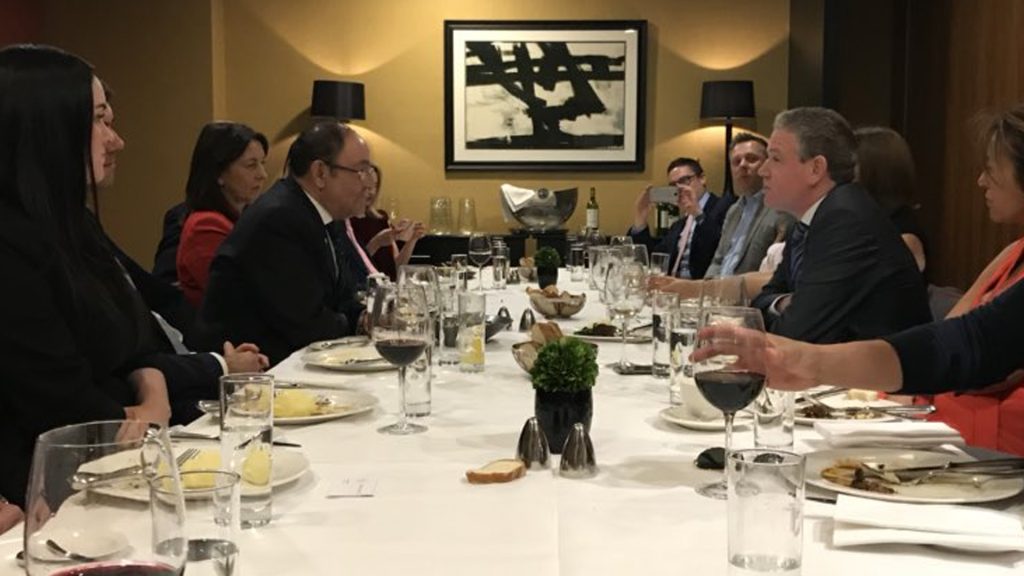Words: Ryan Wain, Institute for Global Change
Leave vs Remain. Left vs Right. Lockdown vs Reopen. We’ve been conditioned as a country to believe that everything is a binary choice where there can only be one winner. To put yourself on either side of a political question has become akin to making a powerful statement about the values you hold dear. Believe in civil liberties? Then there was seemingly only one choice on ‘Freedom Day’. Want to save lives? You’re on the other side of the fence. It shouldn’t and doesn’t have to be this way.
Nuance and moderation may feel like they belong to a bygone era but they are noble principles which should underly our politics and, in the context of Covid, our approach to reopening the economy. Put simply, there is a third way on Covid – and it’s this plan that the country should be pursuing. It’s not too late to change course.
As with any plan, we start with our objective. Despite an ever-present mist of confusion and the misnomer of ‘zero Covid’, this has always been the same: we must suppress the virus to a manageable state with the least lives lost, cases down and freedom restored. It is the ultimate balancing act. On one side is the threat to life from a highly transmissible virus that could overwhelm our health service. On the other is the toll that restrictions take. Factors like vaccines and variants may effect the result but the equation has and will always remain the same.
As the Tony Blair Institute set out in ‘Risks and Restrictions: Striking the Right Balance’, adopting the middle path is the most effective option on the table, and the only one that can promise a permanent end to blanket restrictions. Our approach allows us to move forward while protecting our most vulnerable, including those workers who will be indoors, or running key public services as we reopen. It means that the immunosuppressed – in danger of being left unshielded and potentially at risk of incubating new, deadlier variants – are given the best chance of avoiding what is, to them, a deadly disease. And it respects young people. Those who have given up so much but are now being left dangerously exposed to the debilitating impacts of long Covid.
A third way stands in contrast to the government’s plan announced on 19th July by acknowledging the opportunity for individuals to manage their own risk, especially given the scientifically proven fact that the fully vaccinated have less chance of catching and transmitting the virus. This approach also sees a role for collective, often seemingly selfless measures – including the wearing of masks in crowded, enclosed public spaces to protect those most at risk. Key measures include:
- The temporary mandating of the NHS COVID Pass to account for vaccine and testing status to restore confidence in hospitality and to avoid creating super-spreader events and settings.
- A test, trace and isolation strategy that ends the ‘pingdemic’ by accounting for vaccine status and accommodating tests that allow for release, to ensure just those who are infected with Covid-19 are indeed isolating.
- The vaccination of adolescents to prevent them spreading the virus.
- A renewed focus on reducing vaccine hesitancy by publishing absolute numbers on vaccine efficacy in terms of cases, hospitalisations and deaths – broken down by age, vaccine status and vaccine type. By presenting vaccine-efficacy data in absolute numbers, broken down by status, and by publishing this data in a coherent way, confidence in the vaccines can be built while reducing hesitancy.
- Masks by default in settings where individual risk can’t be managed, including on crowded public transport to reduce transmission.
Adopting this third way is not the easiest option on the table but it is the most effective and a change of course from the all-or-nothing approach to date would be rewarded politically. Not only could cases be supressed and the threat to the NHS removed, but confidence to participate economically and socially would be boosted. It would be better for the health of our nation and its finances.
Ultimately, this third way is where personal responsibility meets collective action. It draws on innovation and technology and has a deep respect for evidence and science. It recognises the role our NHS has played in its vaccine rollout and vows to protect it, while also ensuring business, communities and society can return to normality. It rests on a fundamental truth that we’ve learnt over the last eighteen months: when we need to, we work together and make sacrifices to save lives.
It is the best of Britain.





